Skip companies provide a convenient and cost-effective solution for managing waste, making them a popular choice for households and businesses alike. However, many people wonder what happens to their waste once it’s collected. Understanding the role of skip companies and their waste management process is key to making informed decisions about your disposal needs. This guide explains what skip hire providers do with your waste, the benefits of using skip services, and the responsibilities these companies have in managing waste sustainably.
The Waste Management Process
Once waste management companies collect your waste, they begin a thorough sorting and separation process. Recyclable materials such as paper, plastics, and metals are separated from non-recyclable items like food and garden debris. Recyclables are processed and reused to create new products, while non-recyclable materials are disposed of responsibly, often through methods like energy recovery or environmentally-conscious landfill use.
Skip companies prioritise minimising the environmental impact of waste disposal. By focusing on recycling and sustainable practices, they help reduce the overall volume of waste sent to landfills.
The Benefits of Using Skip Hire Providers
Skip hire providers offer several advantages for managing waste efficiently:
- Cost-Effectiveness: Hiring a skip is often cheaper than alternative waste disposal methods. You pay for the amount of waste you generate, and skip companies handle the sorting, recycling, and disposal for you.
- Convenience: Skip companies collect waste directly from your property, saving you time and effort. This makes waste management easy, particularly for larger projects.
- Eco-Friendliness: By separating recyclable materials and reducing landfill contributions, skip companies play an essential role in promoting sustainability and protecting the environment.
The Responsibilities of Skip Companies
Skip hire providers have critical legal and environmental responsibilities. Their main obligations include:
- Proper Waste Disposal: Ensuring waste is handled and disposed of in compliance with environmental regulations.
- Recycling Efforts: Maximising recycling rates to reduce landfill contributions and encourage resource recovery.
- Customer Education: Informing clients about responsible waste disposal practices, including what can and cannot go in a skip.
By fulfilling these responsibilities, skip hire providers contribute to a cleaner and more sustainable future, making them a crucial part of modern waste management.
Conclusion
Skip hire businesses are essential for efficient and sustainable waste management. They handle everything from collecting and sorting waste to recycling and disposal, providing cost-effective and eco-friendly solutions for households and businesses. When choosing a skip hire provider, look for a company with a strong reputation for responsible practices and commitment to environmental protection.
By understanding the work of skip companies and their role in waste management, you can make informed choices that benefit both your needs and the planet.

